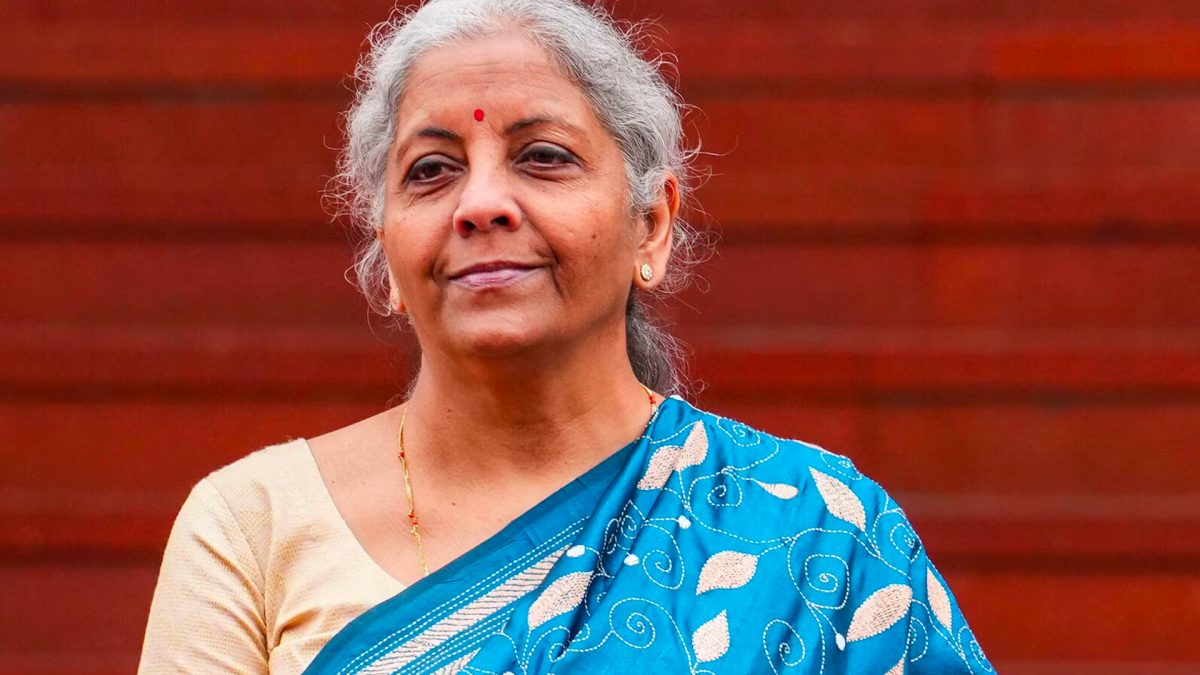Promotion of virtual transactions, and a shift towards a less cash economy is a key part in the Government’s efforts for cleaning up the system and weed out corruption and black money.
The JAM trinity, which is made up of the Pradhan Mantri Jan Dhan Yojna, the Aadhaar card and the spread for mobile connectivity were important precursors to the demonetisation. A question was raised in the Rajya Sabha over the status of virtual currencies in the country, including cryptocurrencies such as Bitcoin.
Bitcoin is not controlled by any central authority, and as such is seen as a hedge in times of financial instability. Arjun Ram Meghwal, Minister of State in the Ministry of Finance, in a written reply to the Rajya Sabha pointed out that the RBI had cautioned citizens against the use of virtual currencies, including Bitcoin, and that as such Bitcoin has not been authorised in India. The creation of, trading in virtual currencies enjoy no legal protection mechanisms. The users are potentially exposed to financial, legal and operational risks.
However, this does not mean that Bitcoin and other virtual currencies are illegal in India. Indian citizens are free to use Bitcoin, but do so at their own risk. The RBI has been tracking developments in decentralised digital currencies and virtual currencies in the country, and has pointed out that they enjoy no regulation or authorisation. The RBI has pointed out a long list of shortcomings in virtual currencies, including Bitcoin, litecoin, bbqcoin and dogecoin.
The virtual currencies are stored in digital wallets, that can be compromised in various ways including hacks, malware, and loss of password. Once lost, the virtual currencies are permanently lost as there are no legal mechanisms to address the loss. Virtual currencies can also be stored on physical media, such as USB drives and hard drives. These drives can be physically stolen, or damaged, or lost, which would lead to permanent loss of the virtual currency stored in the physical storage medium.
There is no way to report problems, settle disputes or charge backs. The transactions for virtual currencies takes place using a peer-to-peer system, with no regulation from an authorised central agency. Without these support systems in place, users are particularly vulnerable to spam, phishing and social engineering approaches to manipulate users into giving up their cash.
The transactions take place in various jurisdictions where the legal status of virtual currencies are unclear, which exposes the users to legal risks as well. Bitcoin and other virtual currencies have been used for various nefarious activities in many jurisdictions around the world. In an anonymous network of users, such illegal activity could expose each user to the potential of being trapped in legal cases involving financing of terrorism or money laundering.
The RBI is currently examining the way Bitcoin is being used in the country, and is in the process of identifying the issues that the use of Bitcoin has, when it comes to the legal frameworks and regulations within the country, including foreign exchange laws and norms for payment systems.
For users who are not convinced by the warnings of the RBI, Unocoin is one of the simplest ways to invest in bitcoin. There is a facility for monthly investment plans, real time pricing, and the ability to convert to and from bitcoin at any point of time. Over 500 merchants across India accept payments in Bitcoin.


)




)
)
)
)
)
)
)
)